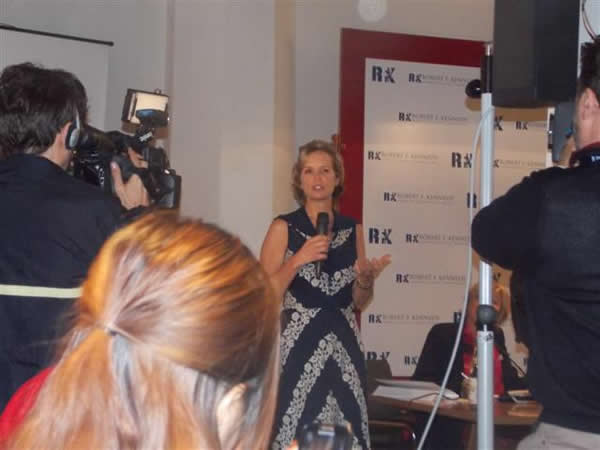While millions have “religiously” embraced social media with the kind of enthusiasm perhaps not seen since the invention of the Gutenberg press, this has, predictably perhaps, come at a price.
Well, for that little thing called social etiquette, which is set to have knock on advertising traffic on these portals.
Citizens of social media spaces have lapped up on the anonymity offered here where you can create user accounts under various aliases and post all manner of both palatable and unpalatable stuff.
And raw bigotry, sexual, or otherwise, has been just but one bane to afflict these spaces where disparaging “sexual jokes” and what some are calling Facebook Rape, has become “normal.” Talk about the well-worn phrase “normalizing the abnormal.”
And this is stuff usually not uttered in any other setting but has with increasing audacity found its way into these very public spaces called social media.
Facebook is now being lobbied to act and this is something FB cannot ignore.
Its advertisers are being targeted by lobbyists, and for a company with over 1 billion users, and as it is agreed that with such numbers, social networks can indeed make a lot of moolah, Facebook can only but pay attention.
Called the the #FBrape campaign’s strategy it seeks to “hold Facebook accountable for the misogynistic content of its users by pressuring advertisers.”
And misogynistic content sure abounds, and for Ndebele and Shona readers, this is all too familiar and we all know how raw vulgarity spoken or written in our own languages can be.
Yet for some this call to “block” offensive posts can very easily be seen by advocates of free speech as militating against the very ideals of such platforms, namely that there is no censorship.
The twist of course being that the average individual lives by moral codes that would be universally applicable, and this is apparently not so considering the #Facebook rape campaign that has been launched: Facebook rape is cool for some.
It is in essence a call for FB to closely look at its content policy without infringing on individual rights, yet I still find it contradictory that some still see it as a “human right” to freely express themselves on “your” wall using all sorts of “unprintable” stuff!
It is the same freedom they demand that should tell them to respect other people’s space, no?
It would be interesting to see how seriously these issues are taken in a developing country like ours where one can go to any FB page and be met by shocking stuff written in our vernacular dialects.
And remembering that ours is a land where all sorts of homophobic expression is hailed where you can label anyone you don’t not agree with and this supposedly being the ultimate insult thanks to our dear leader.
It’s a space to watch as advertising traffic also targets Zimbabwean users.
It would be quite an undertaking for people whose first language is not English to have a lobby at that scale as seen by the #Facebook rape campaign.
But then Facebook, has already made “promises to train its content moderators (and an entire planet of actual users) to flag and remove violent content.”
Despite such things as “blocking abusive user” some comments can still be found on some pages administered by Zimbabweans, and a case in point could well be the one launched after Big Brother housemates were announced with a page created to vote out Zimbabwe’s female rep.
It is the kind of language that Women, Action, & the Media (WAM!) who set up the #FBrape campaign want blocked from the site, but has become part of an acceptable lexicon despite what is seen by many as the unapologetic chauvinism that accompanies it. It is curious that some of the comments have been attributed to female followers of Big Brother! Solidarity, no?
Facebook has already made a commitment to keep vigilant, however admitting that “these are complicated challenges and raise complex issues. Our recent experience reminds us that we can’t answer them alone.”
And by that they mean these questions will be answered with the help of rapists who prowl the FB looking for victims!
Are we men yet?










